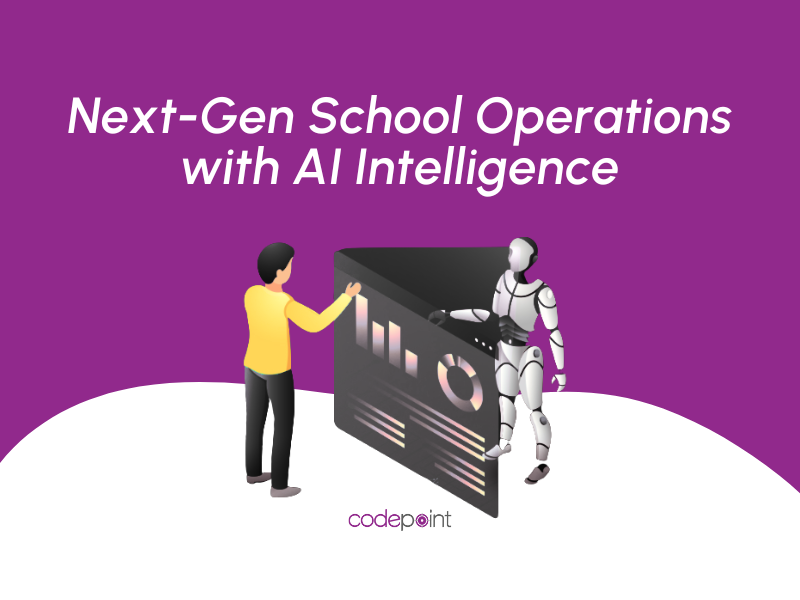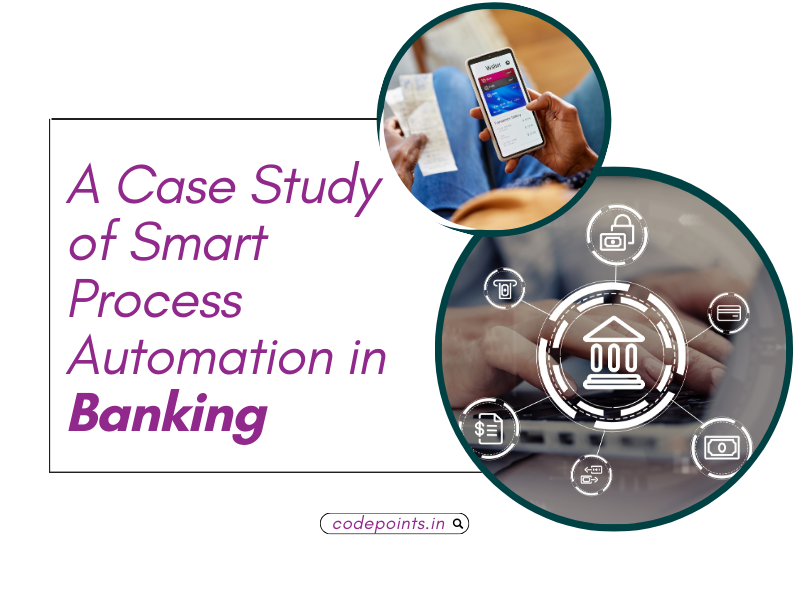
How School Management Systems Are Evolving in the AI Era
Introduction: The Dawn of AI in School Management
The global education sector is undergoing a transformative shift, and Artificial Intelligence (AI) is at the forefront of this evolution. Traditional School Management Systems have transitioned from manual record-keeping to digital operations and now, they are becoming truly intelligent platforms. AI-enhanced School Management Systems not only reduce administrative burdens but also drive personalized learning, foster operational efficiency, and support strategic decision-making.
By embracing AI, schools become more agile, responsive, and data-driven qualities essential for the modern, digitally-connected educational ecosystem.
Key Stats & Insights:
- The global AI in education market was valued at USD 5.88 billion in 2024 and is projected to reach USD 32.27 billion by 2030, growing at a CAGR of 31.2% [Source]
- 30% of educational institutions have successfully deployed AI-based solutions—a rise from 25% in 2021 [Source]
- Among K–12 teachers, 18% regularly use AI in instruction, with an additional 15% having piloted it.
Operational Efficiency through AI Automation
AI-powered tools in school management systems are eliminating repetitive administrative tasks freeing up time for educators and administrators to focus on strategy and teaching.
- Attendance Tracking via Facial Recognition or RFID - Automated attendance systems use AI to reduce manual errors and improve reliability.
- AI Chatbots for Real-Time Support - Tools like Nectir offer 24/7 automated responses to common parent and student queries.
- Auto-Scheduling, Fee Alerts & Document Workflows - AI systems streamline timetable creation, fee notifications, and approval chains enhancing efficiency and transparency.
- Up to 70% Time Savings on Grading - Platforms like Gradescope have reduced grading time by up to 70% [Source]
Smart Assessments and Real-Time Feedback
AI enhances student evaluation with intelligent, immediate insights going well beyond traditional testing methods.
- Predictive Analytics to Flag At-Risk Students - AI analyses performance trends to help identify students needing early intervention.
- Real-Time Feedback via AI Tools - Platforms like Quizlet and Socrative provide instant feedback that enhances learning efficiency.
- 25% Performance Boost with Instant Feedback - Students using real-time AI feedback show performance improvements of up to 25% [Source]
Personalized Learning: One Size No Longer Fits All
AI enables deeply personalized learning paths tailored to individual student needs.
- Adaptive Learning Platforms Increase Engagement - Tools like TMS, DreamBox and Elevate K-12 improved engagement by up to 15%.
- Dynamic Difficulty Adjustment - AI adapts question difficulty and pace in real time based on performance.
- Performance-Based Learning Journeys - Customized curriculum flow based on each student’s academic history and progress.
Strategic Insights & Data Driven School Leadership
AI provides leaders with high-level insights to make proactive, informed decisions.
- Trend Analysis for Planning - Dashboards highlight patterns in performance, behavior, attendance, and finances.
- Predictive Models to Prevent Dropouts - AI pinpoints trends indicating disengagement or potential dropout, enabling timely action.
- Compliance and Accreditation Reporting - Auto-generated reports support audits and align with regulatory frameworks.
Conclusion: A Future That’s Already Here
AI is not replacing educators, it’s empowering them. Schools that adopt AI-powered communication gain deeper insights, make faster decisions, deliver better outcomes, and operate more intelligently. The future of education operates at the intersection of human expertise and AI schools that embrace this synergy today will define the next generation of learning.




0 comments
Leave a Reply